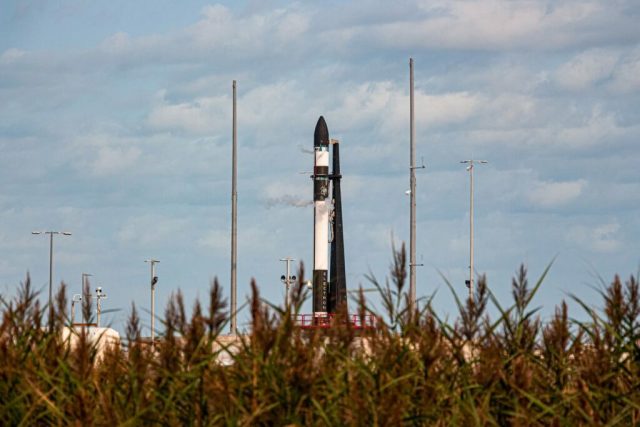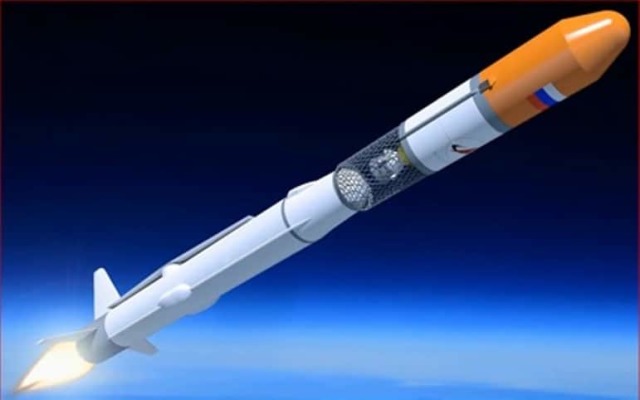Flight tests of the prototype of the Russian ultralight rocket may begin in 2026-2027. In addition, an interorbital small upper stage is being created as part of the Aeronet-NTI competition.
Currently, Russia does not have an ultralight missile, but it may be created in the foreseeable future. Specialists should develop a new carrier and an interorbital small upper stage capable of launching objects with a payload of about 250 kilograms into orbit.
According to TASS, flight tests of the rocket can begin in 2026-2027, and tests of the prototype of the tug will be transferred to 2024-2025. In order to be able to fit into the deadlines, appropriate funding will be required.
The customer of the development is the analytical center "Aeronet". During the first stage of the competition, the jury, which included specialists from Roscosmos, the Skolkovo Foundation and some other organizations, selected six companies that presented their ideas for the carrier, as well as five companies that worked out solutions for the block.
Last April, three best applications were selected for each of the categories. In the spring, participants should complete work on advance projects. After the winners are determined, they will start working on draft projects. As a result, they will choose one project of a rocket and a tugboat.
According to the plans, the launch of the launch vehicle will cost no more than three million dollars — this is about half the cost of launching analogues.
Such indicators were chosen for a reason. The initiators are guided by the most successful ultralight rocket of our time - Electron from Rocket Lab. According to open sources, the launch price of the carrier is from five to six million dollars (according to some sources, it reaches about 7.5 million).

Electron
Image Source: Rocket Lab
The new rocket may be useful for the Sphere, a project of the Russian global multifunctional infocommunication satellite system. They plan to launch hundreds of small spacecraft, for which the capabilities of the carrier should be enough.
Earlier it became known that thanks to the "Sphere" in Russia, it will be possible to organize a mass movement of UAVs both in the air and on the ground.
Recall that in the first half of the month it was reported that a private company from Russia Success Rockets signed a memorandum with SEWON E&C from South Korea on the establishment of a joint venture. It will create a three-stage Stalker carrier.
And the other day, the deadlines for the readiness of the Fregat-SBU upper stage, designed for the Soyuz-5 rocket, were announced .

